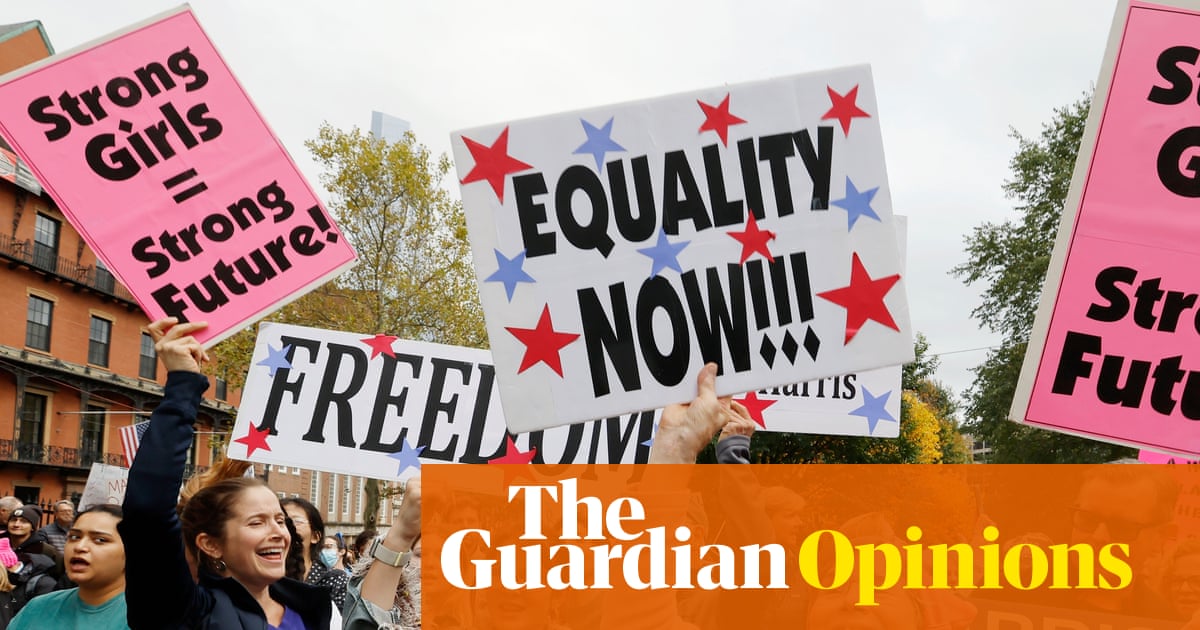“There was a period of remorse and apology for banks and I think that period needs to be over.” So said Bob Diamond, the eight-figure-earning Barclays chief executive more than a decade ago.
“We need our banks willing to take risks, to be confident and to work with the private sector in the UK to create jobs and improve economic growth.”
Back in 2011, with the wounds still fresh from the worst financial collapse in a century, there were deafening howls of outrage and anger in UK political circles over the brash American’s choice of words.
Time though, is clearly a healer. Had Diamond waited 14 years, presumably the response in Westminster today would be a nod of agreement.
Kier Starmer’s government has embraced the City, seeing the Square Mile as a ticket to faster economic growth. It is not natural territory for Labour – but with a faltering economy, a febrile bond market to keep onside, and tight constraints on tax and spending, needs must.
Earlier this month Rachel Reeves could have been channelling Diamond in her Mansion House address. The clean-up job after the crash had gone “too far in seeking to eliminate risk”, the chancellor said. Regulation was a “boot on the neck of business” that needed lifting.
The message certainly landed with the chief executive of Goldman Sachs, David Solomon, who met the chancellor in 11 Downing Street last week. “I’m encouraged,” he told Sky. However, the head of the bank dubbed the Vampire Squid warned the government still needed to be careful on tax and regulation. Other senior bankers, including the head of Lloyds Banking Group, have followed suit.
Almost two decades on from the collapse of Lehman Brothers and the multibillion-pound UK taxpayer bailouts, memories of the 2008 crash are wearing increasingly thin. The banks have regrouped, and scent a Labour government prepared to consider the period of remorse is now over.
To some extent, the vibe shift is justified.
Britain’s biggest banks have built up significantly more capital to guard against financial shocks, have exited riskier lines of business, and City rulebooks stretching to thousands of pages are in place. Lawmakers elsewhere are considering if risk aversion has gone too far – including in the EU, after the Draghi report.
Could years of nugatory growth post 2008 be linked to overregulation? The Treasury is willing to consider the connection. For years the priority was ending “too big to fail”. Now safety limits are viewed as a millstone around the neck of the City golden goose, complicated further by Brexit trashing London’s prized status as a world-beating financial centre.
It is clear to see why there is appeal in boosting the City. Britain has serious comparative advantages; London has been a global trading hub for centuries, with the legacy of empire giving it the prime spot on the meridian and use of the English language and legal system worldwide. Top universities and a vibrant startup culture help further.
Financial services contribute £200bn to the economy and 5% of all tax receipts, employing more than a million people – two-thirds of whom work outside the capital in big regional financial centres from Edinburgh to Leeds, Manchester and Belfast. It is no coincidence Reeves dubbed her big bang 2.0 plan as the “Leeds Reforms” to make this point. Finance is more than just the City.
The chancellor is right that a strong economy needs financing. The drying up of liquidity after the 2008 crash – when banks cut back on lending to focus on repairing their balance sheets – showed what happens when borrowing is harder for households and businesses.
However, hosting an oversize financial centre with assets worth £27tn – 10 times the value of everything produced in the UK each year – has serious risks. Labour ought to know this better than most, having been on the hook in government the last time the music stopped.
The Bank of England governor, Andrew Bailey, remembers – having led the central bank’s recovery operations during the 2008 crisis. Lest we forget, he warned the Treasury committee last week: “There isn’t a trade-off between financial stability and growth. We’ve had that experience.”
after newsletter promotion
Back then, taxpayer guarantees worth more than £1tn were required to stop the banking collapse turning into a second Great Depression. Still, the damage was monumental: millions of businesses failed, unemployment hit 2.7 million, tens of thousands of homes were repossessed.
Alongside the obvious financial stability risks for a small, open economy, the reinflation of the banking industry could also hurt the government’s other priority sectors if handled poorly.
Alongside finance in the government’s industrial strategy there are seven other sectors: advanced manufacturing, clean energy, creative industries, defence, digital, life sciences, and professional services. All need access to growth capital, and so a strong banking sector makes sense on paper. In practice, however, there is a risk the banks use their newfound freedoms to pump more money into speculative or overseas activities.
The lesson from history are not particularly encouraging.
Before the 2008 crash, banks were heavily criticised for prioritising speculative activity over lending for the production of goods and services; contributing to the inflation of the biggest property market bubble in history.
Mortgages still account for more than half of all UK bank lending, whereas outstanding credit to non-financial corporations – and for manufacturing in particular – is worth a pittance in comparison.
Hosting mega banks servicing the needs of global investors and corporates brings valuable flows of capital into Britain, sustaining jobs and wealth creation. But there are two-sides to the coin: since the 1980s big bang Britain has suffered from a “finance curse”, or Dutch disease, as the banking sector exploded beyond a useful size for the rest of the domestic economy, crowding out other activity and stoking inequality.
The danger of relying on banks to do the heavy lifting on economic growth is best summed up by the US financial sage Warren Buffett’s observation : “We were promised that a rising tide would lift all boats. [Instead] a rising tide has lifted all yachts.” For the chancellor, a City big bang is only advisable with enough checks and balances to ensure the same does not happen again.
The period of remorse might be over. But 2008 should not be forgotten.

 3 months ago
143
3 months ago
143

















































